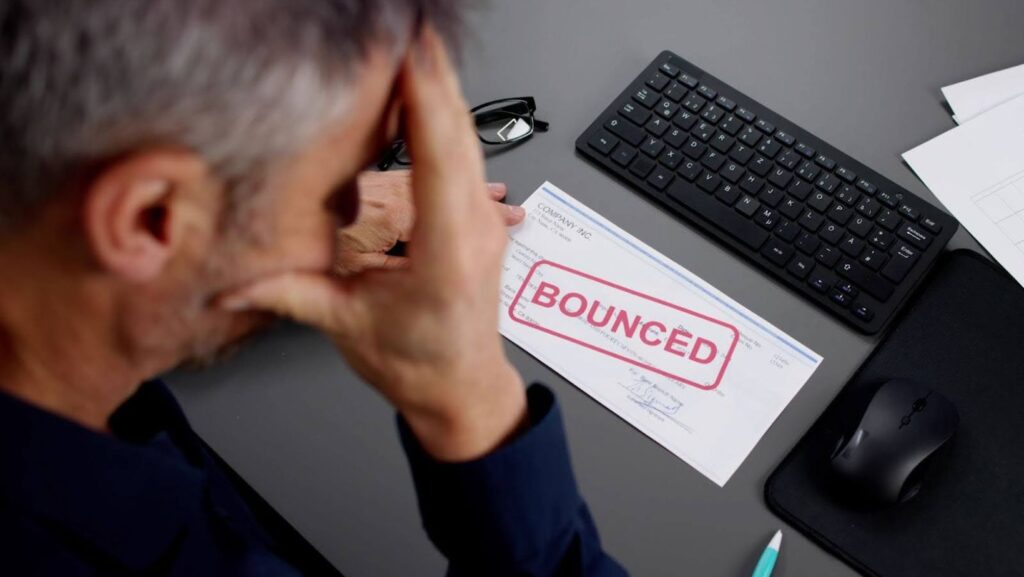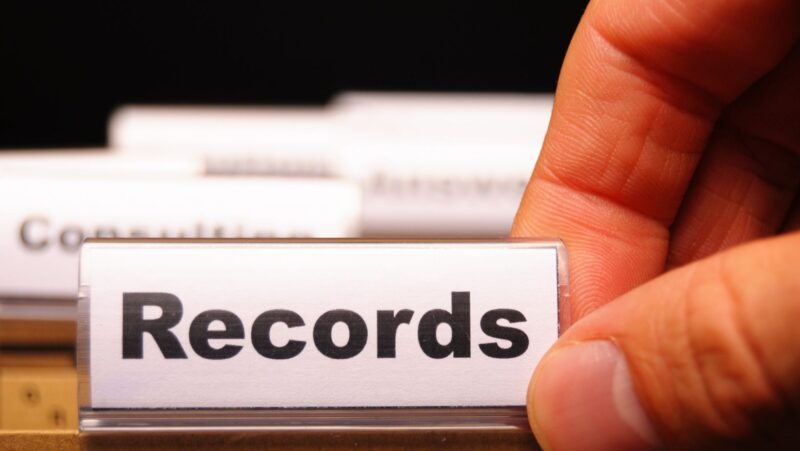
eChecks have quickly become a preferred mode of payment. They’re convenient, easy to use, and often cheaper than traditional methods like paper checks.
But with convenience comes risk. If you’re not careful, you could find yourself being taken advantage of by scams that target eCheck users. Recent studies show that eCheck fraud has been on the rise, leading to significant financial losses for individuals and businesses alike.
In this blog, we’ll delve into the most common dangers of eChecks, how to spot them, and what you can do to protect yourself from becoming a victim. By the end, you’ll clearly understand the risks involved and have all the tools you need to make informed decisions when using eChecks.
What Is an eCheck?
An eCheck, or electronic check, is a digital version of a traditional paper check. It’s a secure way to make payments electronically, similar to using a credit card or online banking. When you pay with an eCheck, your bank verifies the funds in your account and electronically transfers the money to the recipient’s bank.
Common eCheck Scams
Despite the security measures in place for eChecks, scammers often exploit vulnerabilities in the Automated Clearing House (ACH) network to execute various fraudulent schemes. Here are some of the most prevalent eCheck scams:
- Phishing: Scammers commonly send fraudulent emails or messages, often posing as legitimate entities, to trick recipients into revealing sensitive information like bank account details or login credentials.
- Fake donations: Scammers pose as donors to nonprofits, making large donations via eChecks. They later request refunds before the eCheck clears, resulting in the nonprofit losing both the donation and the refund amount when the eCheck bounces.
- Overpayment scams: In these scams, scammers send a fraudulent eCheck for a larger amount than agreed upon, requesting a refund for the difference. Once the recipient sends the refund, the original eCheck bounces, resulting in financial loss.
- eCheck routing number fraud: Scammers may use incorrect routing numbers to divert funds to their accounts or attempt to gain unauthorized access to accounts. The most common reasons behind this are the inherent vulnerabilities in the ACH network.
It’s important to always be aware and exercise caution when dealing with eChecks. Be wary of unsolicited requests, verify the sender’s identity, and never share your personal or financial information with anyone you don’t know.
How to Spot an eCheck Scam
Spotting an eCheck scam isn’t always easy, but there are some red flags to watch out for:
- Unexpected requests: Be wary of any eCheck payment requests that seem out of the blue. If you didn’t start a payment or don’t know the person asking for money, it could be a scam.
- Pressure to act quickly: Scammers often try to create a sense of urgency. If someone is pressuring you to send money quickly or share your banking information, take a step back.
- Suspicious emails or texts: If you receive a message that looks like it’s from your bank but asks for personal information, it’s likely a scam. Banks will never ask you to confirm sensitive details via email or text.

We recommend that you always double-check any unusual requests, especially if they involve your bank account or personal information.
Protecting Yourself from eCheck Scams
To safeguard yourself from eCheck scams, consider implementing the following safeguards:
- Always verify the sender’s identity before responding to emails or messages.
- Protect your online accounts with complex, unique passwords.
- Add an additional layer of security to your accounts by enabling two-factor authentication.
- Avoid responding to unsolicited requests for payments or personal information.
- Scammers often make mistakes in their emails. So, double-check spelling and grammar.
- Verify the identity of individuals or businesses you’re dealing with through free people search sites.
- Use online tools to validate email addresses and check for spoofing.
- Be cautious of requests that require immediate action.
Most importantly, always report eCheck scams to your local authorities and the Federal Trade Commission (FTC). This helps prevent others from falling victim to the same scam.
A Little Awareness Can Go a Long Way
Protecting yourself from scams is all about being aware and prepared. By staying informed and taking the right precautions, you can protect yourself from eCheck and other financial scams.

A little caution goes a long way in keeping your finances and personal information safe. Stay proactive, trust your instincts, and if something feels off, take a moment to double-check.












